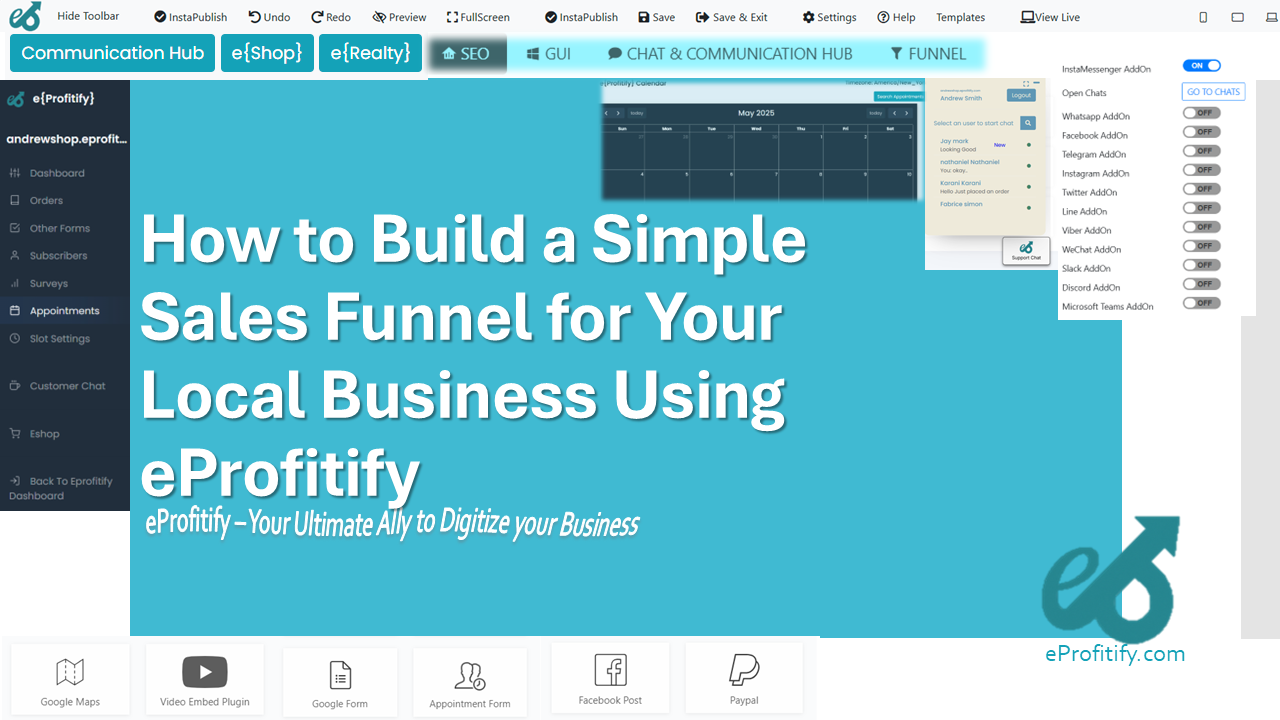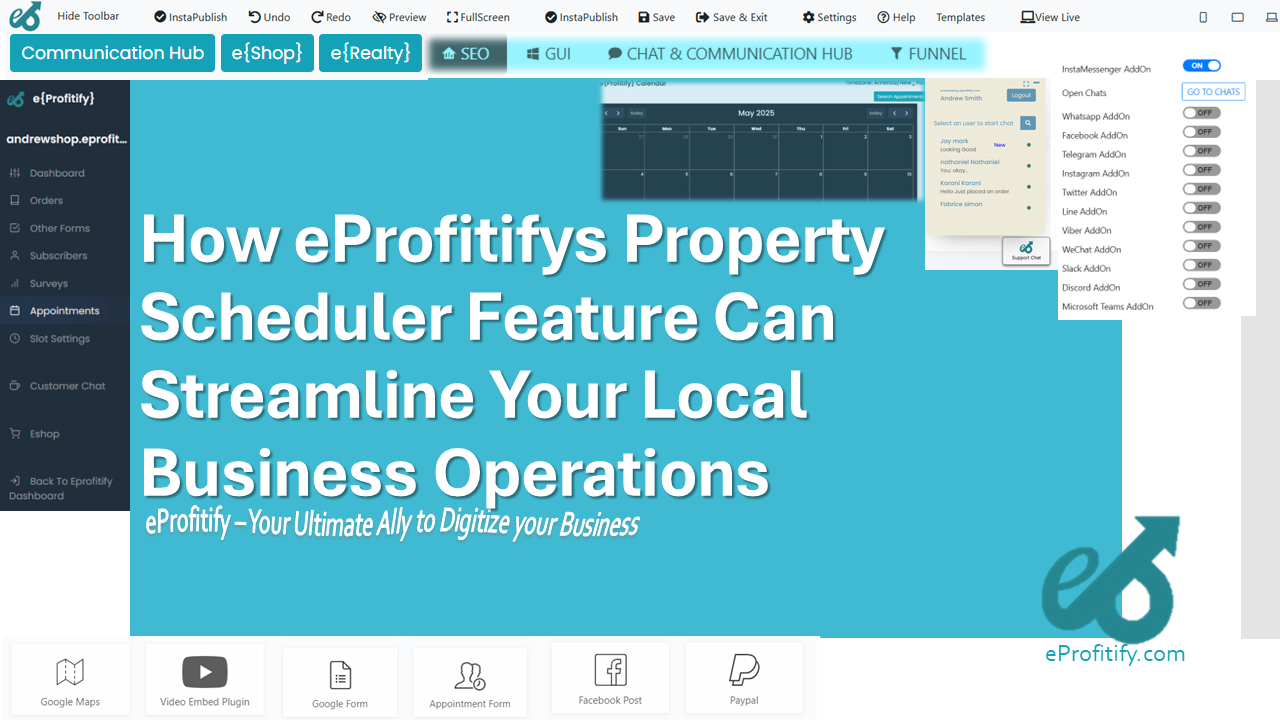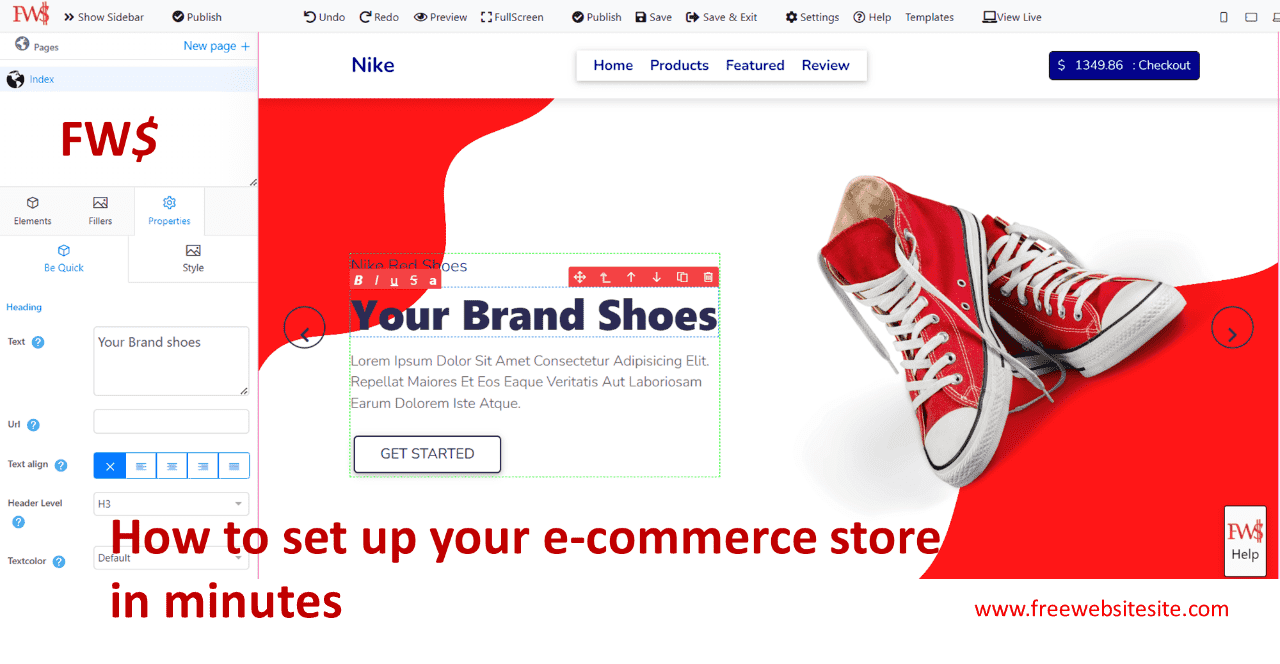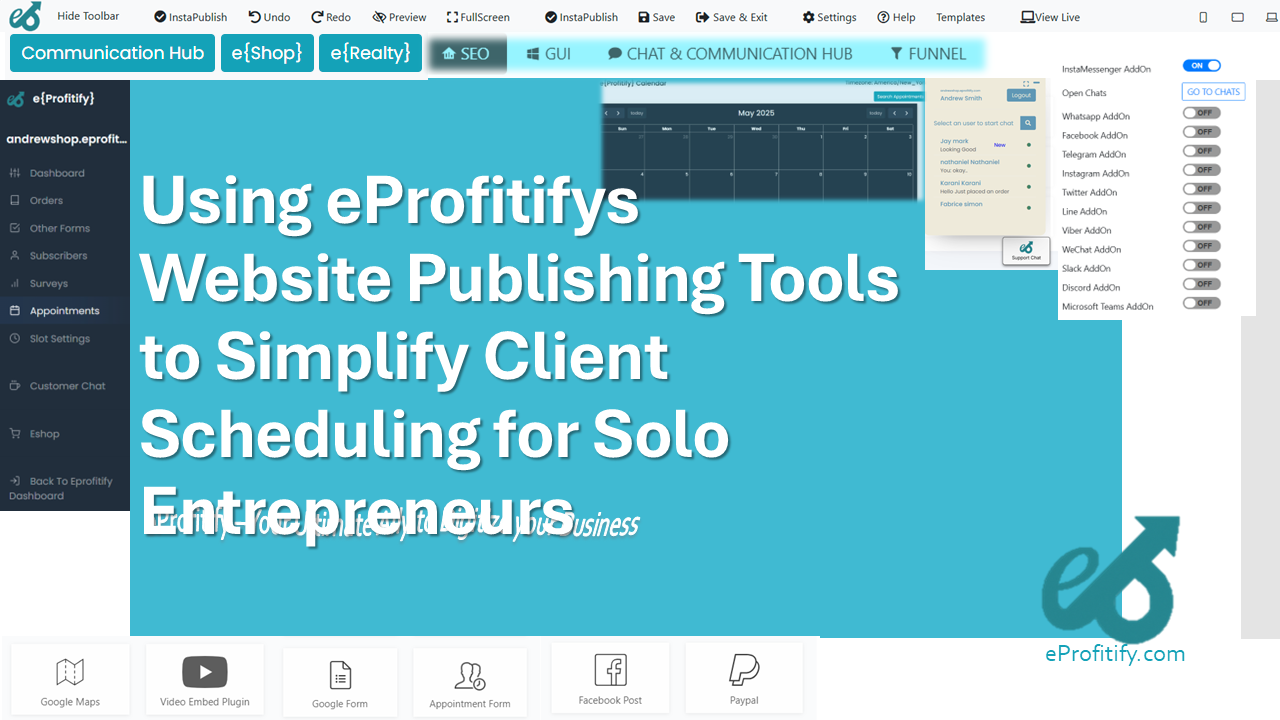How to Franchise Your Food Truck Everything You Need to Know
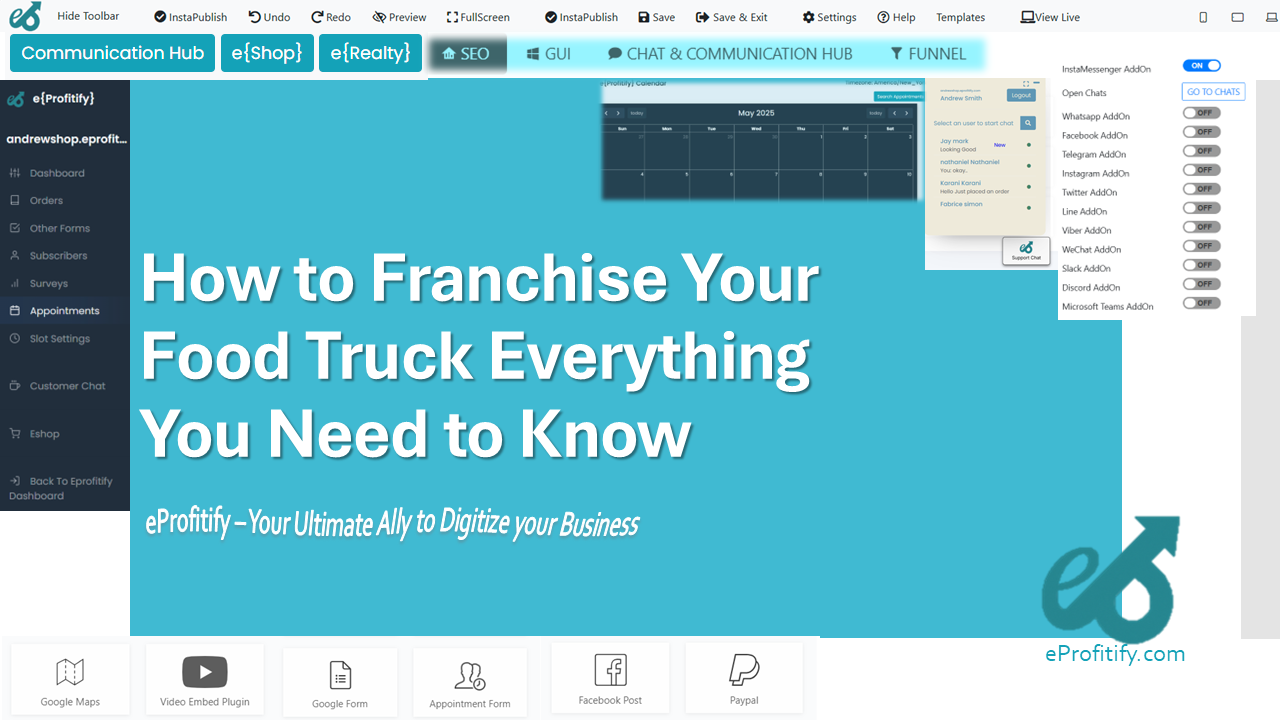
Schedule a LIVE Zoom call with an eProfitify Expert.
How to Franchise Your Food Truck: Everything You Need to Know
The food truck industry has evolved from a trendy niche to a thriving sector of the food service market. With its low startup costs and high mobility, food truck franchising has emerged as a scalable business model. According to IBISWorld, the U.S. food truck industry generated $1.2 billion in revenue in 2023, growing at an annual rate of 3.2% over the past five years. Franchising amplifies this growth, offering entrepreneurs a proven framework for success. This guide explores how to franchise your food truck, challenges to anticipate, and tools like Eprofitify that streamline operations.
Why Franchise Your Food Truck?
Franchising allows you to expand your brand without the capital burden of opening new locations independently. Key benefits include:
- Scalability: Leverage franchisees’ investments to grow your brand nationally.
- Brand Recognition: Consistent customer experiences build loyalty.
- Revenue Streams: Earn upfront franchise fees (typically $20,000–$50,000) and ongoing royalties (4–8% of sales).
Statistics underscore franchising’s appeal: The International Franchise Association reports franchises contribute over $800 billion annually to the U.S. economy, with a 90% success rate compared to 50% for independent startups. Food trucks are particularly well-suited to this model due to their compact operations and adaptability.
Steps to Franchise Your Food Truck
1. Establish a Strong Brand Identity
Your brand is your franchise’s foundation. Develop a unique menu, logo, and customer experience. Food trucks like Kogi BBQ (a pioneer in fusion cuisine) succeeded by creating a cult following. Conduct market research to differentiate your offerings and ensure trademark protection.
2. Create a Business Plan & Financial Model
Outline startup costs, royalty structures, and support systems. Include:
- Franchise Fee: Covers training, branding, and initial setup.
- Ongoing Fees: Royalties, marketing fund contributions (2–4% of sales).
- Projected ROI: Share financial benchmarks to attract franchisees.
Average food truck revenues range from $250,000 to $500,000 annually, per Mobile Cuisine, making franchising an attractive investment.
3. Legal Compliance
Work with a franchise attorney to draft two critical documents:
- Franchise Disclosure Document (FDD): Details fees, obligations, and litigation history.
- Franchise Agreement: Legal contract outlining the relationship.
Compliance with state laws and Federal Trade Commission (FTC) regulations is mandatory. Initial legal costs average $30,000–$50,000.
4. Develop Training & Support Systems
Franchisees need training in operations, food safety, and marketing. Provide:
- Operations Manual: Standardizes recipes, vendor lists, and Quality Assurance (QA) checks.
- Ongoing Support: Site selection assistance, marketing collateral, and software tools (e.g., Eprofitify for CRM and task management).
5. Scale Operations & Logistics
Streamline supply chains with negotiated vendor contracts. Use centralized procurement to reduce costs. Implement tech solutions like Eprofitify’s inventory management tools to track stock across franchises in real time.
6. Marketing & Recruitment
Promote franchise opportunities through industry events, SEO-optimized websites, and social media. Highlight success stories and use Eprofitify’s analytics to refine campaigns.
Challenges in Food Truck Franchising
-
Quality Control
Inconsistent food or service damages brand reputation. Regular audits and centralized training mitigate this risk. -
Operational Complexity
Managing multiple locations requires robust systems. Eprofitify’s multi-location management tools automate scheduling, payroll, and customer feedback. -
Legal Risks
Non-compliance with franchise laws invites lawsuits. Annual FDD updates and legal consultations are essential. -
Competition
Differentiate with tech-driven CX. Offer app-based ordering or loyalty programs via Eprofitify’s ecommerce integrations.
Tools for Success: How Eprofitify Empowers Franchises
Scaling a food truck franchise demands seamless coordination. Eprofitify, a leading website publishing and management platform, offers tailored solutions:
- Instant Messaging: Facilitate real-time communication between HQ and franchisees, reducing response times.
- Appointment Management: Schedule catering events, truck inspections, and training sessions efficiently.
- Ecommerce Integration: Launch branded online ordering, merchandise sales, and loyalty programs.
- CRM System: Track customer interactions, manage feedback, and analyze preferences across locations.
- Website Management: Maintain consistent branding with customizable templates and SEO tools.
A 2022 survey by Franchise Business Review found that franchises using all-in-one management software like Eprofitify saw a 30% boost in operational efficiency and a 20% increase in customer retention.
Conclusion
Franchising your food truck unlocks exponential growth but requires strategic planning, legal diligence, and tech-powered tools. By leveraging platforms like Eprofitify, you can automate communication, streamline operations, and maintain brand consistency. With the food truck industry projected to grow by 4.5% annually through 2028 (IBISWorld), there’s no better time to transform your mobile venture into a franchise empire.
Equip your business with the right systems, stay adaptable, and drive your brand forward—one truck at a time.




